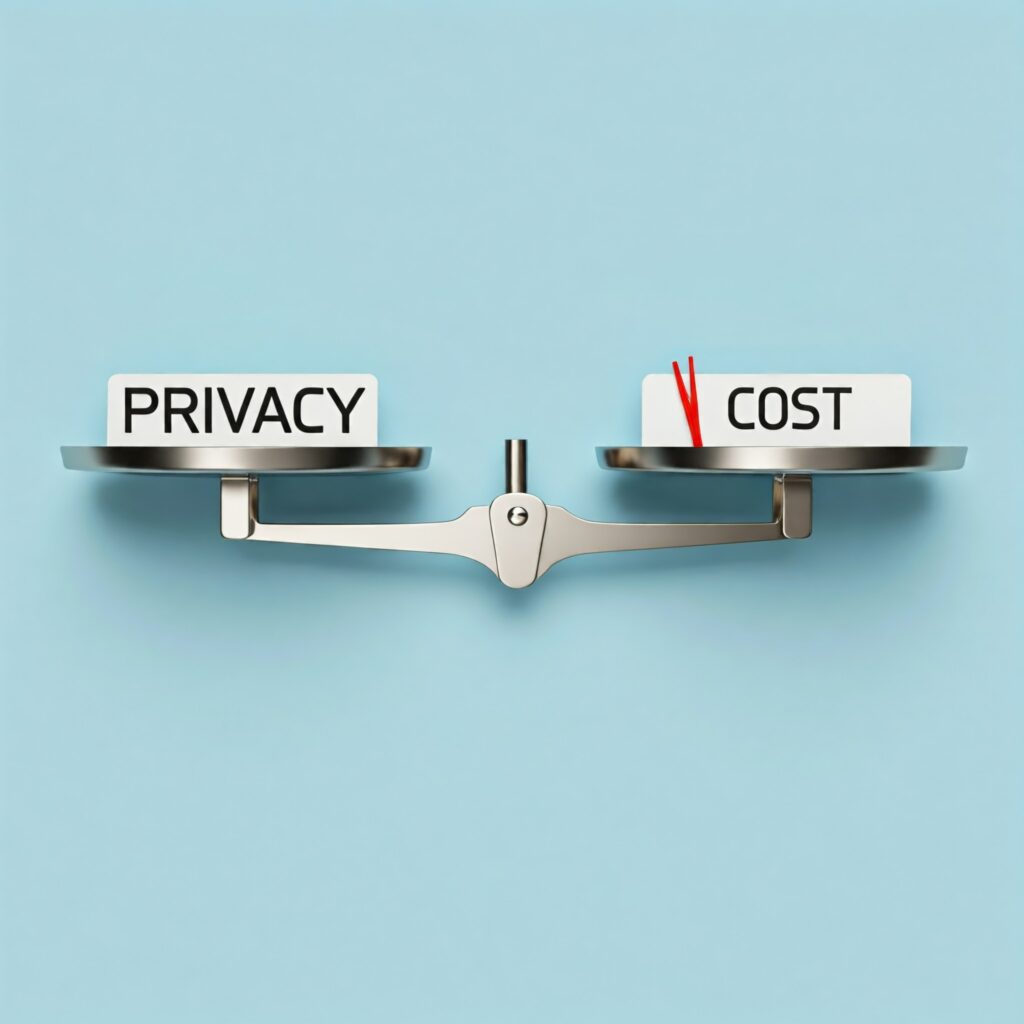Domain Privacy Protection in 2025: Is It Worth the Cost?
In today's digital landscape, protecting your personal information is more critical than ever. When you register a domain name, your contact details are publicly displayed in the WHOIS database, making you vulnerable to spam, unwanted solicitations, and potential security risks.
This guide explores the benefits and costs of domain privacy protection to help you make an informed decision about whether it's worth the investment.
Understanding the WHOIS Database
The WHOIS database is a publicly accessible directory of domain registration information. While it serves legitimate purposes like contacting website owners or resolving domain disputes, it also means your personal information is readily available to anyone.
Risks of Exposing Your Personal Information
- Spam and Unwanted Solicitations: Your inbox and phone might be flooded with spam emails, unsolicited calls, and marketing offers from various companies trying to sell you domain-related services or other products.
- Identity Theft and Fraud: Publicly available information can be exploited for identity theft, phishing scams, or other fraudulent activities. Cybercriminals might use your personal information to impersonate you or gain access to your accounts.
- Domain Hijacking: In some cases, attackers might use your personal information to gain unauthorized access to your domain account and transfer your domain to another registrar.
- Privacy Concerns: If you value your privacy, having your personal information publicly accessible can be unsettling and feel like an invasion of your personal space.

The Benefits of Domain Privacy Protection
Domain privacy protection, offered as an add-on service by most registrars, masks your personal contact information in the WHOIS database, replacing it with the registrar's information or generic details.
- Shields Your Personal Information: Prevents your personal details from being publicly displayed and accessed by anyone who performs a WHOIS lookup on your domain.
- Reduces Spam and Unwanted Contact: Significantly reduces the risk of receiving spam emails, unsolicited calls, and other unwanted solicitations.
- Protects Against Identity Theft and Domain Hijacking: Adds a layer of security to your online presence, making it more difficult for cybercriminals to target you.
- Peace of Mind: Provides peace of mind knowing that your personal data is shielded from the public eye.
The Cost of Domain Privacy Protection
The cost of domain privacy protection varies depending on the registrar and the TLD (top-level domain). It typically ranges from a few dollars to around $10 per year per domain.
Is Domain Privacy Protection Worth It?
In most cases, yes, domain privacy protection is worth the small investment, especially if you:
- Value your privacy: Want to keep your personal information off public databases.
- Dislike spam: Want to reduce unwanted solicitations.
- Want added security: Want to minimize the risk of identity theft or domain hijacking.
When You Might Not Need Domain Privacy Protection
- Business Websites: If your website represents a business and transparency is important, displaying your business contact information can be beneficial for building trust with customers. However, you can often use a service that provides business contact information instead of your personal details.
- Certain ccTLDs: Some country-code top-level domains (ccTLDs) might have regulations that require public disclosure of registrant information, making privacy protection unavailable or less effective.
Conclusion: Protect Your Privacy
Domain privacy protection is a valuable tool for safeguarding your personal information and maintaining your privacy in the digital realm. While it comes at a small additional cost, the benefits of reduced spam, protection against identity theft, and peace of mind often outweigh the expense.
If you're registering a domain name, especially for personal use or a small project, strongly consider adding domain privacy protection to your registration.
